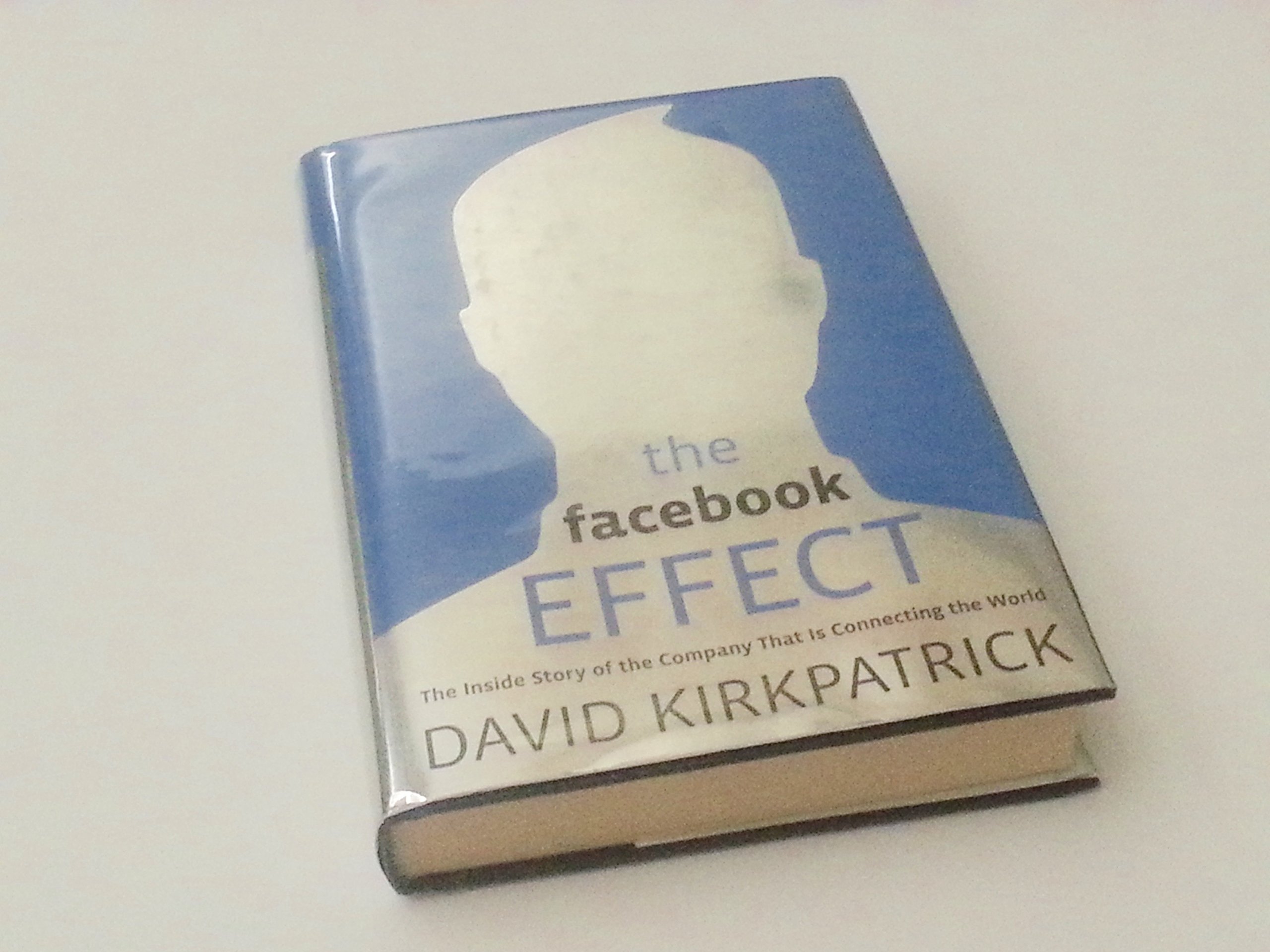It wasn't that easy according to "The Facebook Effect" ~ http://www.amazon.com/Facebook-Effect-Inside-Company-Connect... Competitors existed but Facebook had 2 things going for them that the others did not - a) A fast school addition tool allowing Facebook to quickly add new universities & b) A strategic thinking founder who realised if you added universities around existing sites (friends, associates of the target university) you could pull in enough of the users of their competitors sites to render them ineffective. Such is the power of the "social graph" and relentless determination.
Identifying real people is a core concept at Facebook. and something they have got right (identity) and google will find difficult to replicate.
[0] I wouldn't have realised this point as quickly had I not read "The Facebook Effect" ~ http://www.amazon.com/Facebook-Effect-Inside-Company-Connect... which despite its flaws gives some useful insights. Excerpt: http://techcrunch.com/2010/05/06/facebook-david-kirkpatrick/
- The Facebook Effect -- well-written insider's account of the history of Facebook and its ambitions. http://www.amazon.com/Facebook-Effect-Inside-Company-Connect...
- The Quantum Enigma -- an accessible digest of quantum mechanics and its philosophical consequences. http://www.amazon.com/Quantum-Enigma-Physics-Encounters-Cons...
- Flesh & Machines -- a lightweight history of robotics and some wacky speculations by MIT's Rodney Brooks. http://www.amazon.com/Flesh-Machines-Robots-Will-Change/dp/0...
- The Language of Life: DNA and the Revolution of Personalized Medecine -- a well-backed account of what is or will be possible in medicine thanks to a better understanding of the genome and increase use of DNA sequencing for prevention, diagnostic, and treatment. http://www.amazon.com/Language-Life-Revolution-Personalized-...
- ... by David Sedaris -- Funny short stories. Perhaps The Santaland Diaries for something light but really amusing, and When You Are Engulfed in Flames for something darker and more well-known. Also, if you like short stories, I heartily recommend Children Playing Before a Statue of Hercules, a varied collection of short stories selected by Sedaris. http://www.amazon.com/David-Sedaris/e/B000AQ3YUW/ http://www.amazon.com/gp/product/0349119759 http://www.amazon.com/When-You-Are-Engulfed-Flames/dp/031615... http://www.amazon.com/Children-Playing-Before-Statue-Hercule...
- Dreams of My Father -- Barack Obama writes candidly and beautifully about his childhood and early adulthood; it's not a political book, and it's worth reading for the writing alone. http://www.amazon.com/Dreams-My-Father-Story-Inheritance/dp/...
- Mathematics: The Loss of Certainty: a chatty history of mathematics, and its perception. http://www.amazon.com/Mathematics-Loss-Certainty-Galaxy-Book...


http://news.ycombinator.com/item?id=2026716
But to answer the question: I started out with a goal of integrating Apache Shindig[1] into Quoddy[2] to enable OpenSocial[3] support. A very basic version of that is up and working, so now I'm working on refining the account / profile "stuff" in Quoddy and factoring out some common code for use in another project[4].
I'm also trying to get in a fair bit of reading. I had started Googled[5] before the break, and I finished that earlier today. I'd also started Simply Complexity[6], which I finished sometime in the last 24 hours or so (time is starting to become a fuzzy concept to me here). Then I read The Facebook Effect[7] which I just finished up a few minutes ago, and now I'm starting to re-read Bill Gates' Business @ The Speed of Thought[8]. Once I finish that, I'm hoping to find time to squeeze in The Art of Enterprise Information Architecture[9] and - if things go smashingly well - Complexity - A Guided Tour[10].
1: http://shindig.apache.org
2: https://github.com/fogbeam/Quoddy
3: http://www.opensocial.org
4: https://github.com/fogbeam/Neddick
5: http://www.amazon.com/Googled-End-World-As-Know/dp/014311804...
6: http://www.amazon.com/Simply-Complexity-Clear-Guide-Theory/d...
7: http://www.amazon.com/Facebook-Effect-Inside-Company-Connect...
8: http://www.amazon.com/Business-Speed-Thought-Succeeding-Digi...
9: http://www.amazon.com/Art-Enterprise-Information-Architectur...
10: http://www.amazon.com/Complexity-Guided-Tour-Melanie-Mitchel...